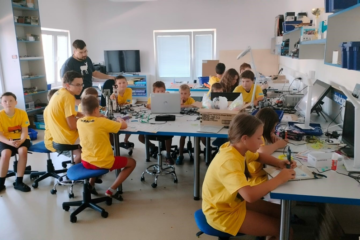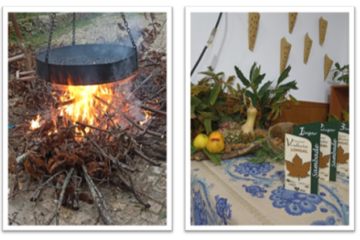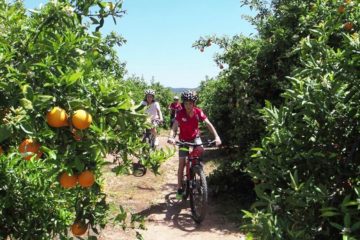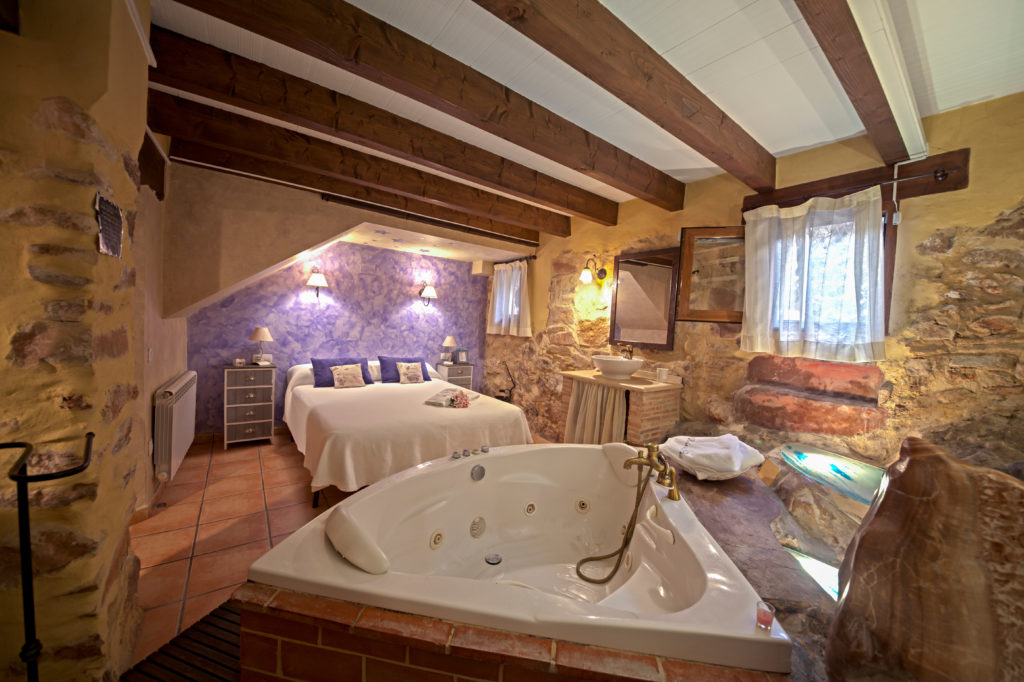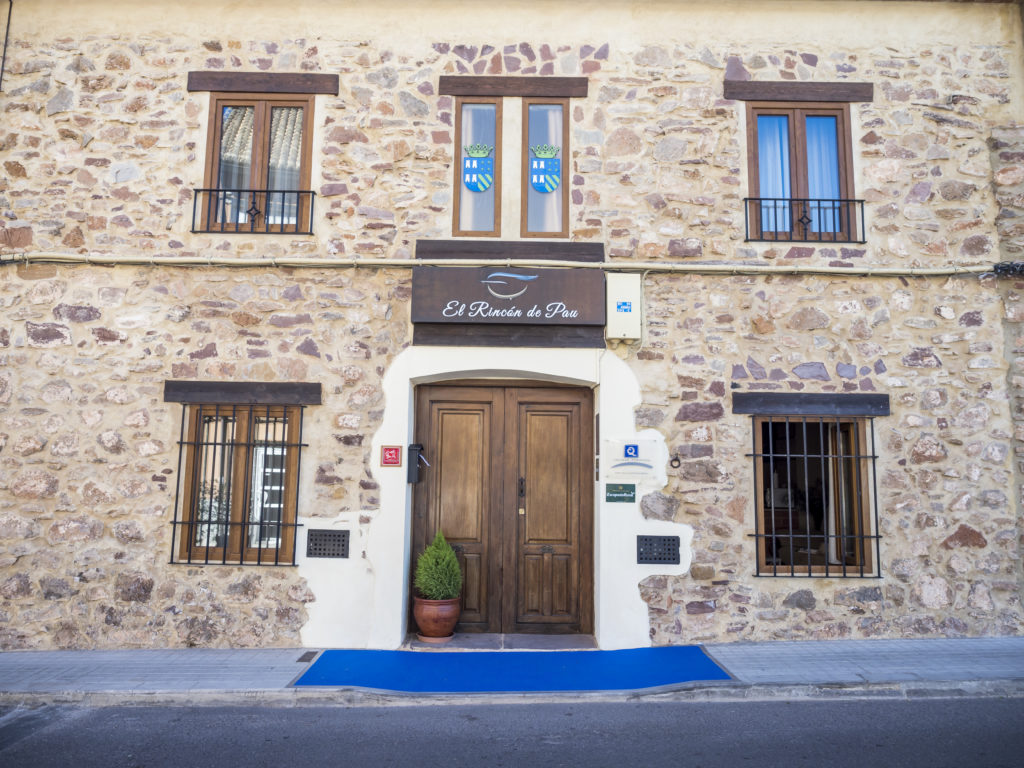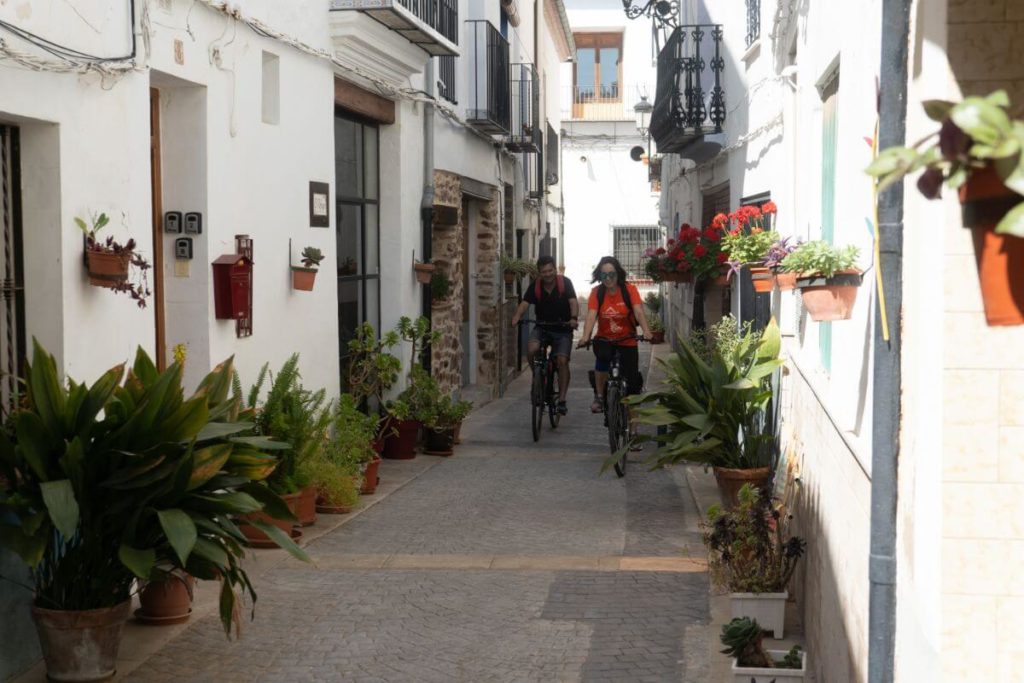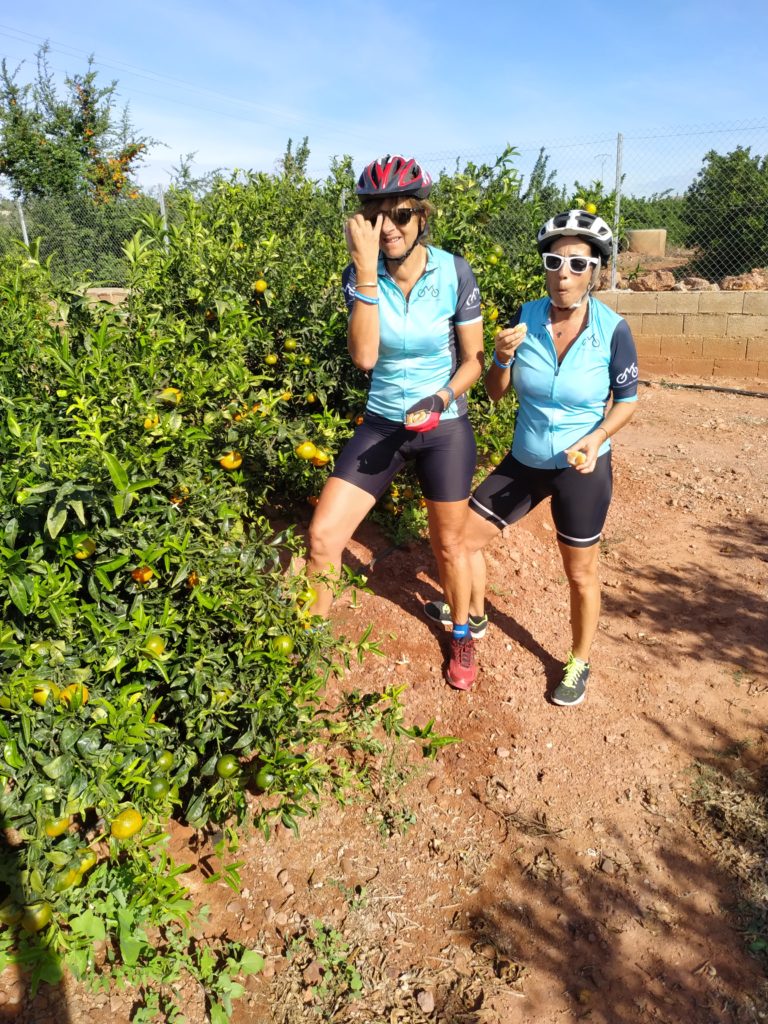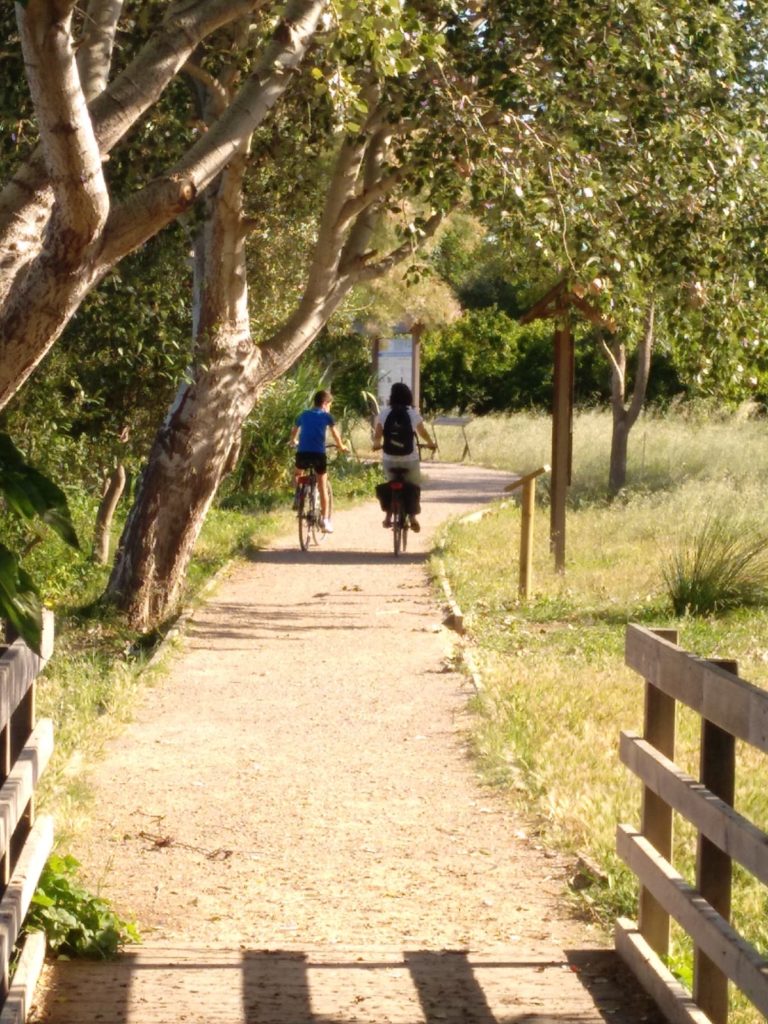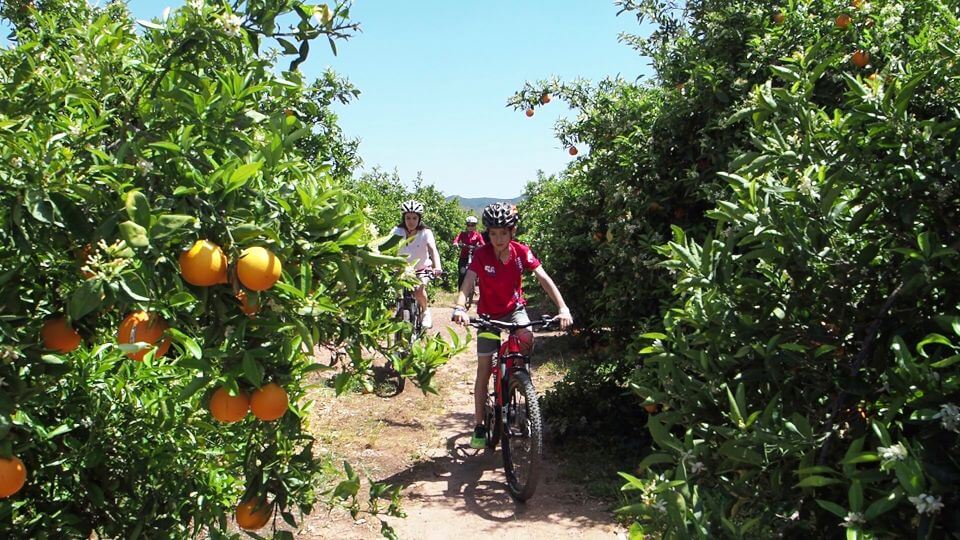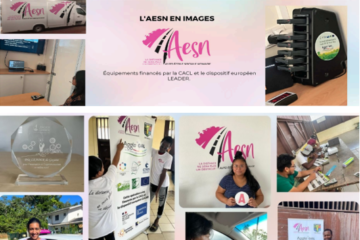Technology club Albrechtice nad Orlicí – Tékáčko
Czech Republic
Introduction
In 2018, the Technology Club – Tékáčko was established in Albrechtice nad Orlicí, designed for children and youth who are interested in creating new, interactive and fun projects, want to learn the basics of robotics, learn the processes of programming, orient themselves in graphic design and 3D printing, work with CNC tools, develop their creativity by building their own objects, or just understand in detail how modern technologies work and how to use them. It is not a classic “circle”, but a professionally equipped leisure activity – a practical workshop “from design to realization”, where children try, explore, discover, where they are not afraid to disassemble something, make mistakes and learn from them.
The main method is teamwork on “projects”, the outputs are regularly presented, children participate in robotic competitions, etc. In addition to the regular “teaching” sessions, thematic workshops are organised, as well as suburban camps during the school holidays, which are attended by others interested in the subject.
Presentation of the project
Project location: Albrechtice nad Orlicí, Královéhradecký kral, Czech republic
Tékáčko is becoming a center of polytechnic education in the region, using new non-traditional forms of teaching and their combination with formal education. The breadth of equipment – 3D printing, cutting plotter, CNC milling machine, sandbox, graphic programs, digital sewing and embroidery machine, 3D scanner, robotic kits, programmable units or Lego model railways with programmable safety systems, etc. makes Tékáčko unique not only at the regional but also at the national level. This is evidenced by the inclusion of Tékáčko in the Regional Network for the Support of Talents, the results of children in various national competitions, and the fact that the Tékáčko project was selected for the presentation of IROP and the use of EU subsidies: https://www.youtube.com/watch?v=nOFgQhjMF7Q.
The benefits of the project are not only for the participants of the Tékáčko activities themselves but also for the whole region, as the pupils “transfer” their knowledge and way of thinking and working to other children in the school and become their inspiration. Tékáčko is a place where children can not only realize themselves but also increase their professional knowledge and practical skills and thus significantly develop their competencies for the future labor market in the Industry 4.0 era.
Impact on other groups in the region:
– Citizens, entrepreneurs, and companies in the region: the existence of a modern club with facilities for the professional growth of pupils in non-formal education with a focus on technical fields and working with digital technologies.
– Primary and secondary school pupils: the opportunity to join the club’s activities, to develop their talent in the field of polytechnics and thus better prepare for their future profession
– Primary and secondary school teachers: inspiration for the use of technology in individual subjects, to learn how to work with it (preparing teachers for teaching robotics, digital literacy, etc.)
– The municipality of Albrechtice nad Orlicí: increasing its prestige in the region and becoming a leader in non-formal technical education
– Employers who can in the future get ready and motivated employees from among the graduates of the club’s activities
the role of LEADER in the project:
MAS supports schools in the region also in the field of IT, robotics and technical education, the Tékáčko center provides methodological support to schools, trains pedagogues, and school pupils attend classes there.
Tékáčko was also involved in the children’s camps project with the aim of helping working parents during the holidays.
LAG also implemented a project to support non-profit organizations in Regoin, where Tékačko was one of 30 project partners. The project aimed to support gifted children, training of lecturers and sharing between organizations.
Tékačka management are members of LAG and actively participate in LAG projects and activities.
Emblematic character of the project
One of the LAG’s priorities is the support of quality outdoor education for the 21st century, the support of cooperation between organizations – here is the cooperation of LAG, non-profit organizations, municipalities and local companies.
The aim is not to learn to master specific technologies, but to show the essence of things, to work in a team on “projects”, to help and inspire each other, and to discover one’s own talent. The use of modern technology thus serves to foster creativity, discovery, innovation.
The club encourages pupils to avoid waste and to be environmentally friendly and sustainable. This year, for example, it purchased a recycler to process PLA/PETG waste from 3D printers.
The project is LEADER’s priority because of supports children in acquiring technical knowledge because the region doesn’t have enough technically qualified schools. This leads to more kids being prepared for Industry 4.0. They also cooperate with many tech companies in the region. They combine the knowledge of older, more experienced people, and modern technologies, for the best result for the children.
The project also comes as a hub for teachers, where they can get new knowledge about modern technologies. This can also be useful for other LAGs because they can collaborate.
Finally, the project respects horizontal topics, it is wheelchair accessible, gender equal, and there are many girls in the club. It also promotes environmental responsibility. Overall, the project prepares young people for their future in the tech field.
Pictures





RG RYCON z.s.
NAD Orlicí, o.p.s.
Czech Republic
